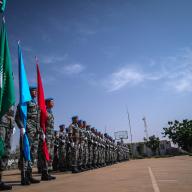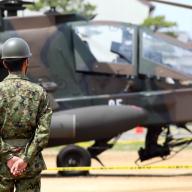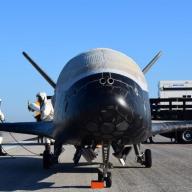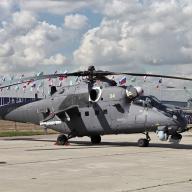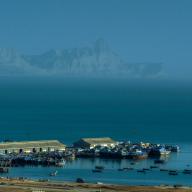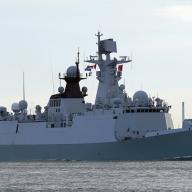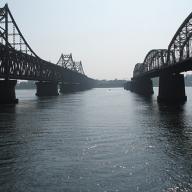Japan is undergoing the most significant changes to its security strategy since the end of World War II. What is behind these changers, what do they mean for Indo-Pacific security, and what challenges lie ahead for their implementation?
Related commentary:
Tensions in the South China Sea: the nuclear dimension
In the sovereignty disputes in the South China Sea, there is an often overlooked strategic interest pursued by China: the People’s Liberation Army’s (PLA) quest for a credible undersea nuclear deterrent.
Non-interference limits China’s role in the fight against Islamic State
Will China be forced to become more active in the fight against ISIS to protect its citizens and economic interests in Iraq?
China’s protection of its overseas interests is becoming increasingly complex
The evacuation of Chinese citizens from Viet Nam in May 2014 and a possible new evacuation from Iraq in the next few days are just two recent examples which demonstrate that, for China, protecting its overseas interests is becoming an increasingly complex challenge. A new SIPRI Policy Paper, launched today, outlines this challenge within the context of China’s traditional policy of non-interference in other nations’ affairs, which is also coming under increased domestic scrutiny.
Deciphering China’s latest defence budget figures
On 4 March the Chinese Government presented its 2014 budget to the National People's Congress (NPC), but it does not accurately represent the total amount spent by China on its military.
China, India and the three Cs
The influence of conflict, competition and cooperation on China–India relations continues to produce an unbalanced power dynamic.
Harmony or discord? Foreign policy implications of China's upcoming Party Congress
As the Communist Party of China prepares for a once-in-a-decade change of leadership at the 18th Party Congress in November, the country’s foreign relations are in worse shape than they were 10 years ago, especially in East Asia but also in terms of heightened strategic rivalry with the United States. How the incoming leadership chooses to manage further the expansion of Chinese economic and security interests has huge implications for the rest of the world. If the incoming Party leadership fails to prevent widening political rifts in China’s political system (including the People’s Liberation Army, PLA), foreign policy could take on an even more assertive tone, complicating international cooperation with China on issues of international security.
China at 60: Still a daunting challenge
The future looked bleak for the Chinese people on 1 October 1989 at the 40th anniversary of the founding of the People’s Republic of China. Less than four months had passed since 4 June, when the People’s Liberation Army (PLA) had killed hundreds of unarmed civilians in Beijing to put an end to the Tiananmen Square demonstrations.
China’s expanding peacekeeping role
The Chinese People’s Liberation Army (PLA) has increased its participation in a broadening array of multilateral security arrangements in recent years. One of the most high-profile aspects of this trend is the dramatic expansion in Chinese peacekeeping deployments (of civilian police, military observers, engineering battalions and medical units) to UN operations: since 2000, when China deployed fewer than 100 peacekeepers, there has been a dramatic 20-fold increase in its contributions.
